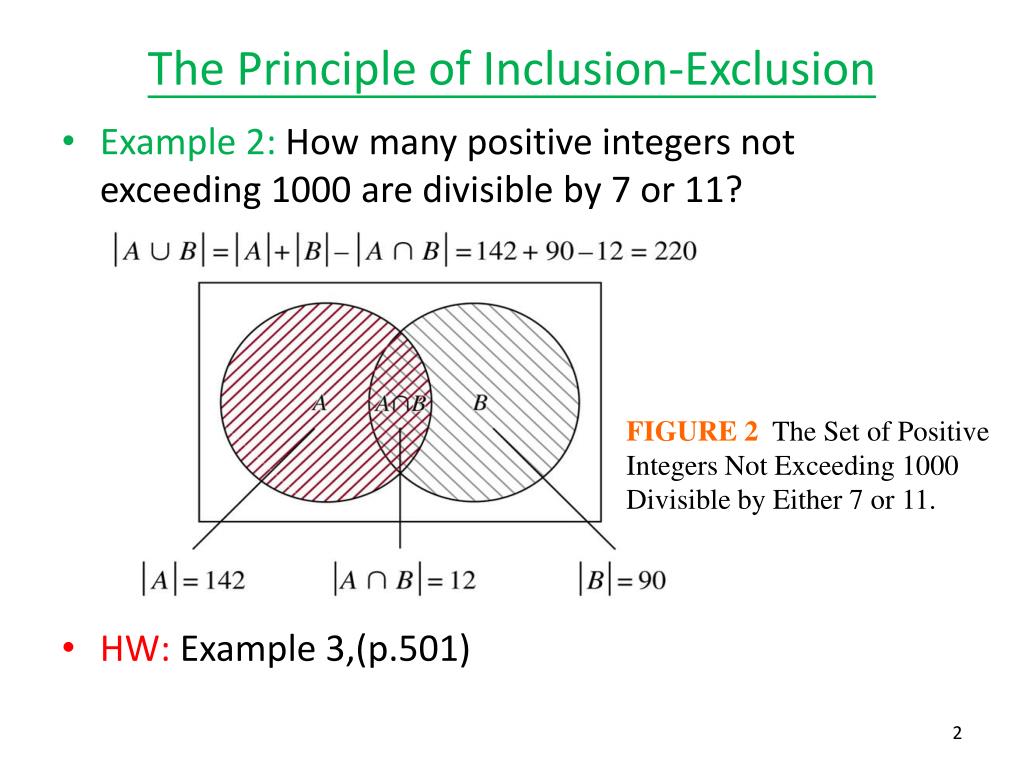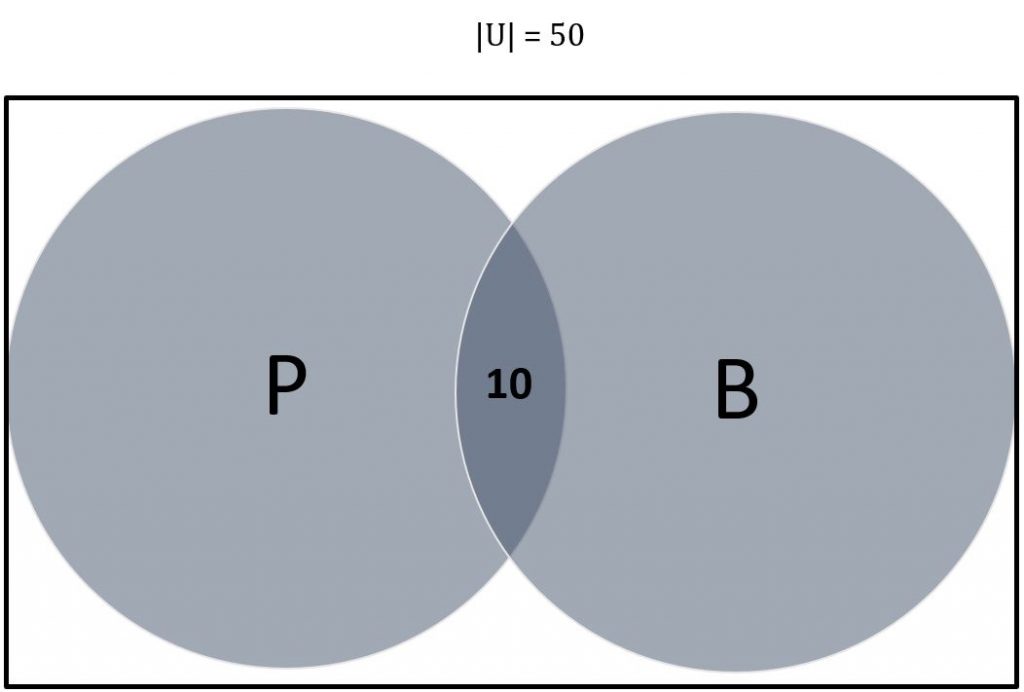

Monitoring impact: Supporting assessments of the impact of public programs, which in turn allows governments and civil society and private sector organizations to respond more effectively to the particular needs of local communities. Improving governance of natural resources: Increasing awareness about how countries’ natural resources are used, how extractives revenues are spent, and how land is transacted and managed We agree to commit the necessary resources to work within our political and legal frameworks to implement these principles in accordance with the technical best practices and time frames set out in our action plans.ecision-making, which enables improved public policy outcomes and underpins sustainable economic and social development Įnabling cross-sector collaboration: Supporting collaboration among governments, citizens, and civil society and private sector organizations on the design of policies and the delivery of better public services įollowing the money: Showing how and where public money is spent, which incentivizes governments to demonstrate that they are using public money effectively We agree to commit the necessary resources to work within our political and legal frameworks to implement these principles in accordance with the technical best practices and time frames set out in our action plans.We will develop action plans or identify existing mechanisms or policies in support of the implementation of the ODC principles and associated resources. Supporting evidence-based policy making: Encouraging governments’ use of data in policy development and evidence-based dWe will develop action plans or identify existing mechanisms or policies in support of the implementation of the ODC principles and associated resources. Open data presents opportunities to provide innovative, evidence-based policy solutions and support economic benefits and social development for all members of society. Increased transparency promotes accountability and good governance, enhances public debate, and helps combat corruption. Open data can help improve the flow of information within and among governments, and make government decisions and processes more transparent. These benefits can multiply as more civil society and private sector organizations adopt good open data practices and share their own data with the public. Open data can contribute to the generation of inclusive economic growth by supporting the creation and strengthening of new markets, enterprises, and jobs. Open data can empower governments, citizens, and civil society and private sector organizations to work toward better outcomes for public services in areas such as health, education, public safety, environmental protection, human rights, and natural disasters.

When data can be effectively combined and compared, it can help highlight trends, identify social and economic challenges and inequities, and benchmark progress in public programs and services.

Open data allows user to compare, combine, and follow the connections among different datasets, tracing data across a number of programs and sectors. Open data presents an opportunity that must be seized. Effective and timely access to data helps individuals and organizations develop new insights and innovative ideas that can generate social and economic benefits, improving the lives of people around the world. Open data enables governments, citizens, and civil society and private sector organizations to make better informed decisions. Open data is crucial to meeting these objectives. Accordingly, there is an ongoing global data revolution that seeks to advance collaboration around key social challenges, provide effective public oversight of government activities, and support innovation, sustainable economic development, and the creation and expansion of effective, efficient public policies and programs. Open data is at the center of this global shift.īuilding a more prosperous, equitable, and just society requires that governments are transparent and accountable, and that they engage regularly and meaningfully with citizens.

This transformation has enormous potential to foster more transparent, accountable, efficient, responsive, and effective governments and civil society and private sector organizations, and to support the design, delivery, and assessment of sustainable development goals at a global scale. The world is witnessing a significant global transformation, facilitated by technology and digital media, and fueled by data and information.


 0 kommentar(er)
0 kommentar(er)
